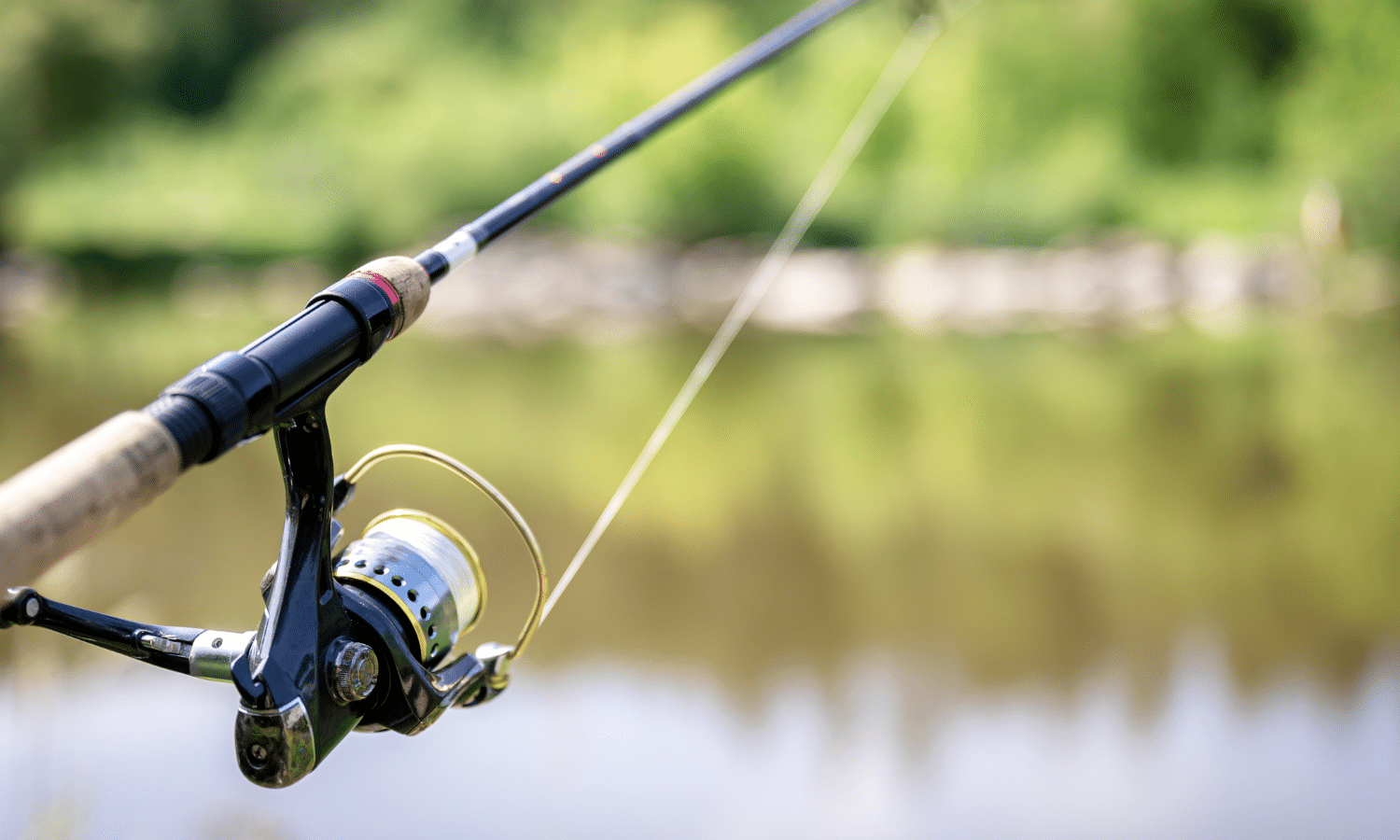The American Sportfishing Association (ASA) is committed to ensuring that sportfishing businesses can compete on a fair playing field while also supporting the conservation efforts that sustain our nation’s fisheries. One issue that has become increasingly detrimental to both goals is the growing use of the de minimis exemption in U.S. trade law.
What is De Minimis?
The de minimis threshold allows imported goods valued under $800 to enter the United States duty-free and without many of the regulatory requirements imposed on higher-value shipments. Originally intended to streamline customs processing and reduce burdens for small, infrequent imports, the de minimis exemption has evolved into a major loophole in today’s global e-commerce environment.
Thanks to this loophole, large online retailers and foreign sellers—many based in China—can ship goods directly to U.S. consumers without paying import duties or complying with key regulations. This includes evading the federal excise tax on sportfishing equipment, a critical funding source for fisheries conservation and management.
The Cost to U.S. Manufacturers and Conservation
The widespread abuse of de minimis has led to significant consequences for domestic manufacturers and importers who play by the rules:
- Unfair Competition: U.S. companies must pay import duties, adhere to strict compliance standards, and collect the federal excise tax (FET) on sportfishing equipment—costs that many foreign sellers avoid through de minimis. This gives overseas competitors an unfair price advantage and threatens American jobs.
- Lost Tax Revenue: Billions of dollars in customs revenue are lost each year as more goods flow through the de minimis channel unchecked. This includes FET, meaning less funding for fisheries conservation, infrastructure, and public access.
ASA strongly supports repealing de minimis eligibility for sportfishing equipment. Doing so will help restore a level playing field for American businesses while ensuring that all sportfishing products sold in the U.S.—regardless of origin—contribute fairly to the conservation of our fisheries resources.
Recent Progress on De Minimis Reform
Momentum is building to address this issue:
- Trump Administration Action: On April 2, President Trump signed Executive Order 14256 ending de minimis eligibility for Chinese-origin goods, recognizing the scale of abuse and its impact on American industry. That same day, he also signed Executive Order 14257, which will eliminate de minimis eligibility for all other countries once the Secretary of Commerce notifies the President “that adequate systems are in place to fully and expeditiously process and collect duty revenue applicable pursuant to this subsection for articles otherwise eligible for de minimis treatment.”
- House Reconciliation Bill: The U.S. House of Representatives is considered a budget reconciliation bill that includes a provision to end de minimis eligibility altogether by 2027. While this represents a major step forward, the reconciliation process remains lengthy and uncertain, with many hurdles still to overcome before the bill becomes law.
What’s Next
ASA will continue to advocate for common-sense trade policies that support American businesses and fisheries conservation. Repealing de minimis for sportfishing imports is a critical piece of that puzzle. We urge policymakers to accelerate reforms and ensure that foreign sellers no longer get a free pass at the expense of U.S. manufacturers, conservation funding, and the long-term health of our sportfishing industry.
Share This Article, Choose Your Platform:
Recent Posts



